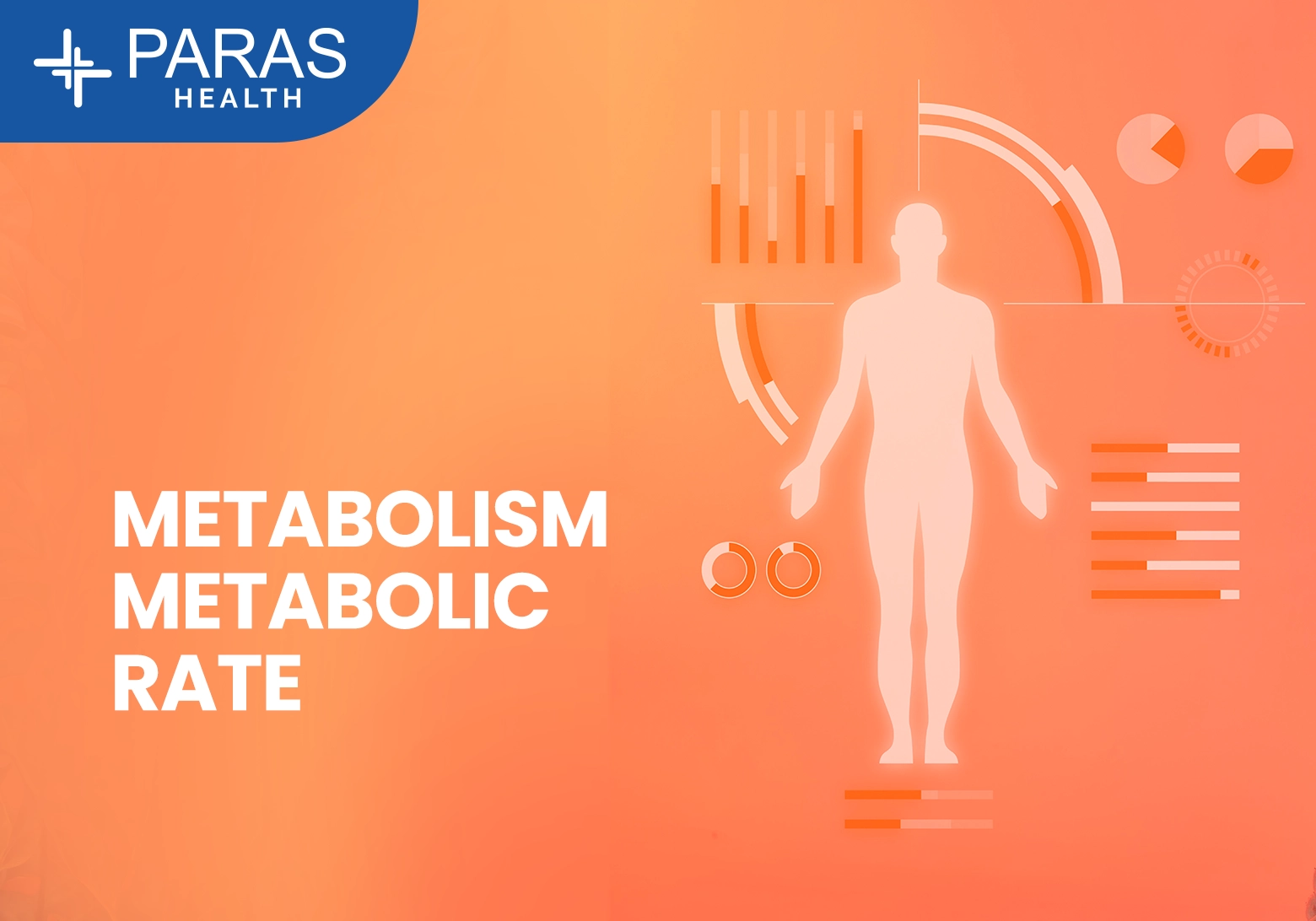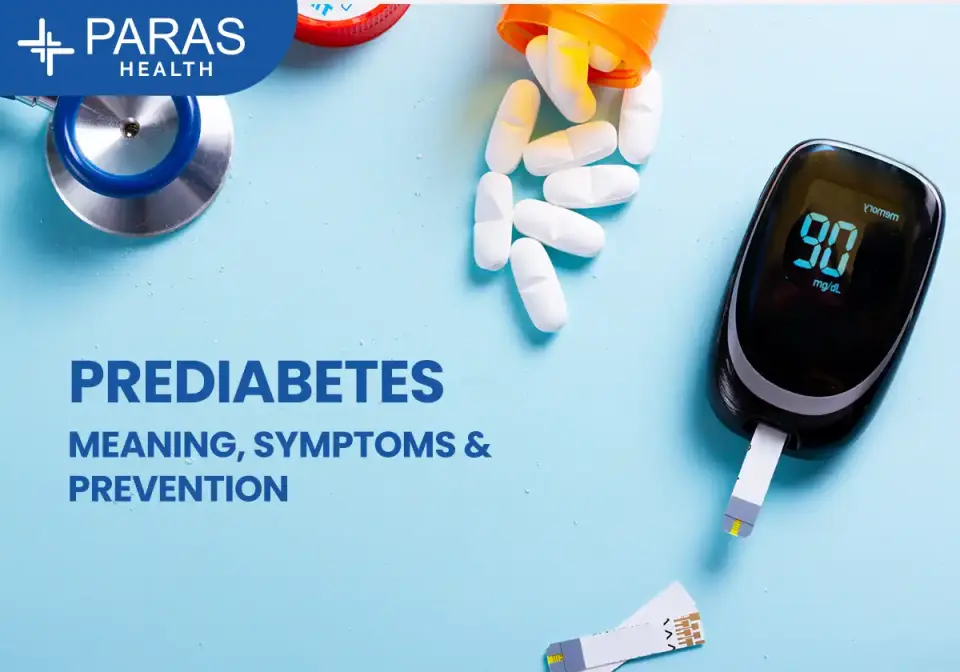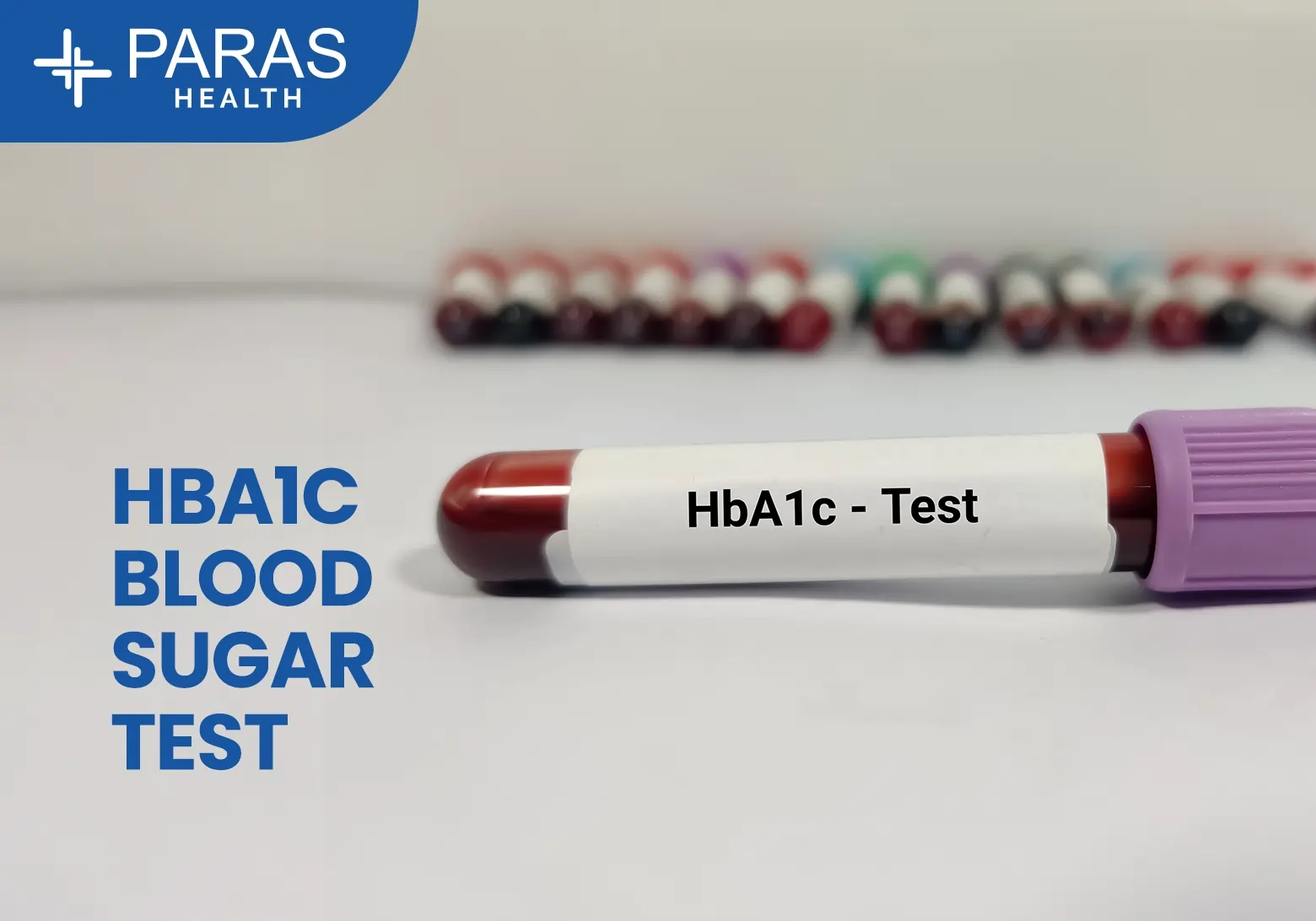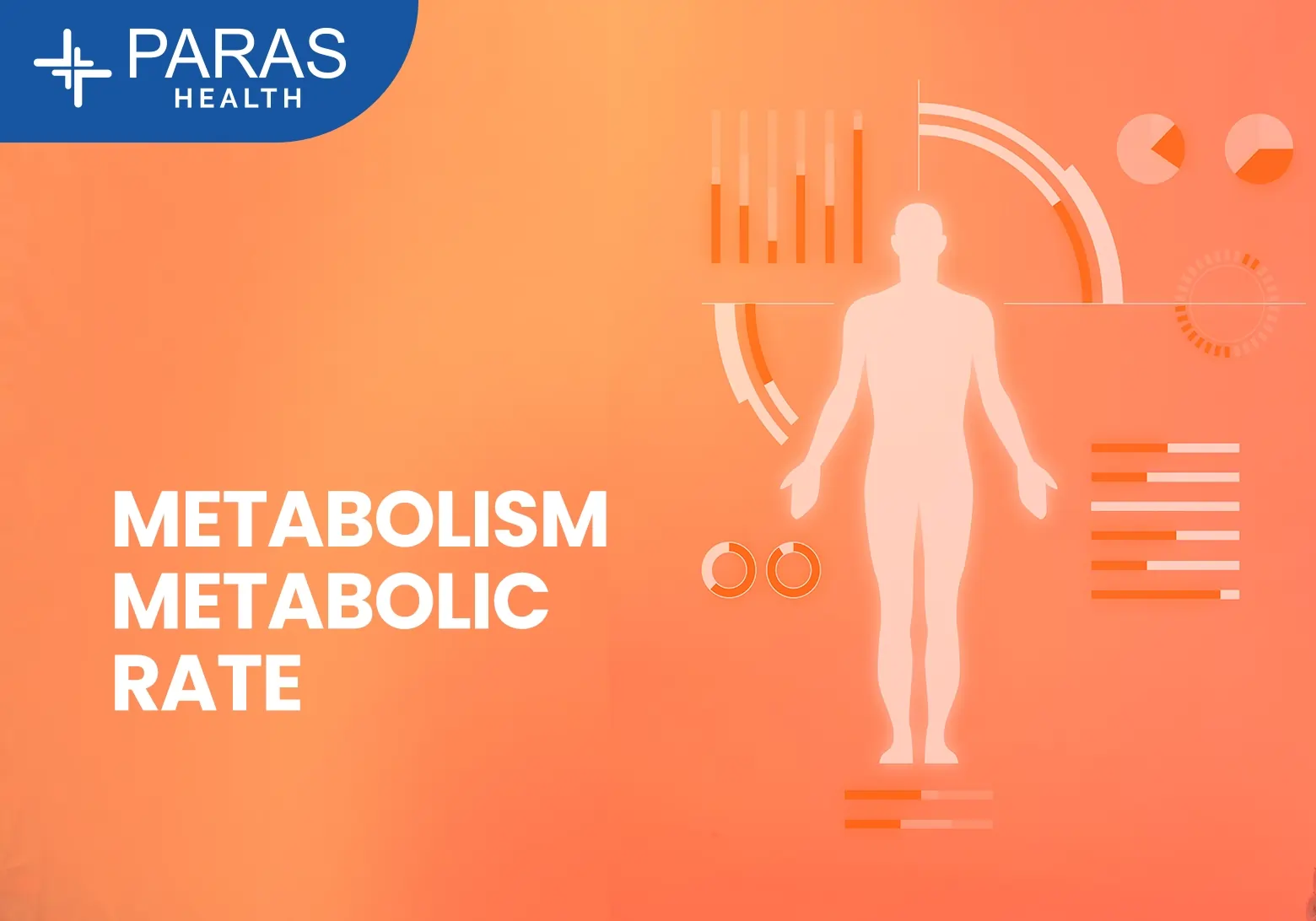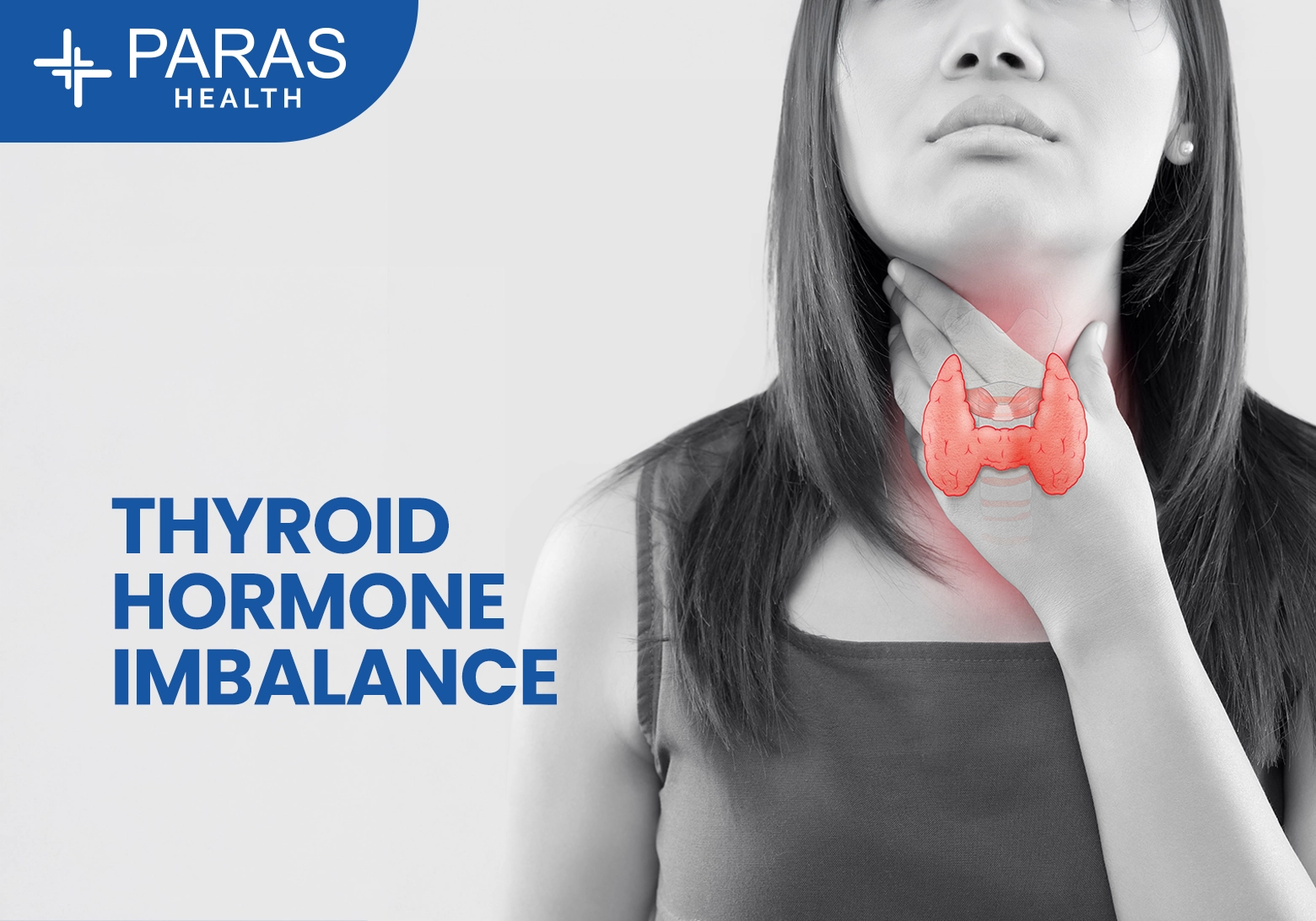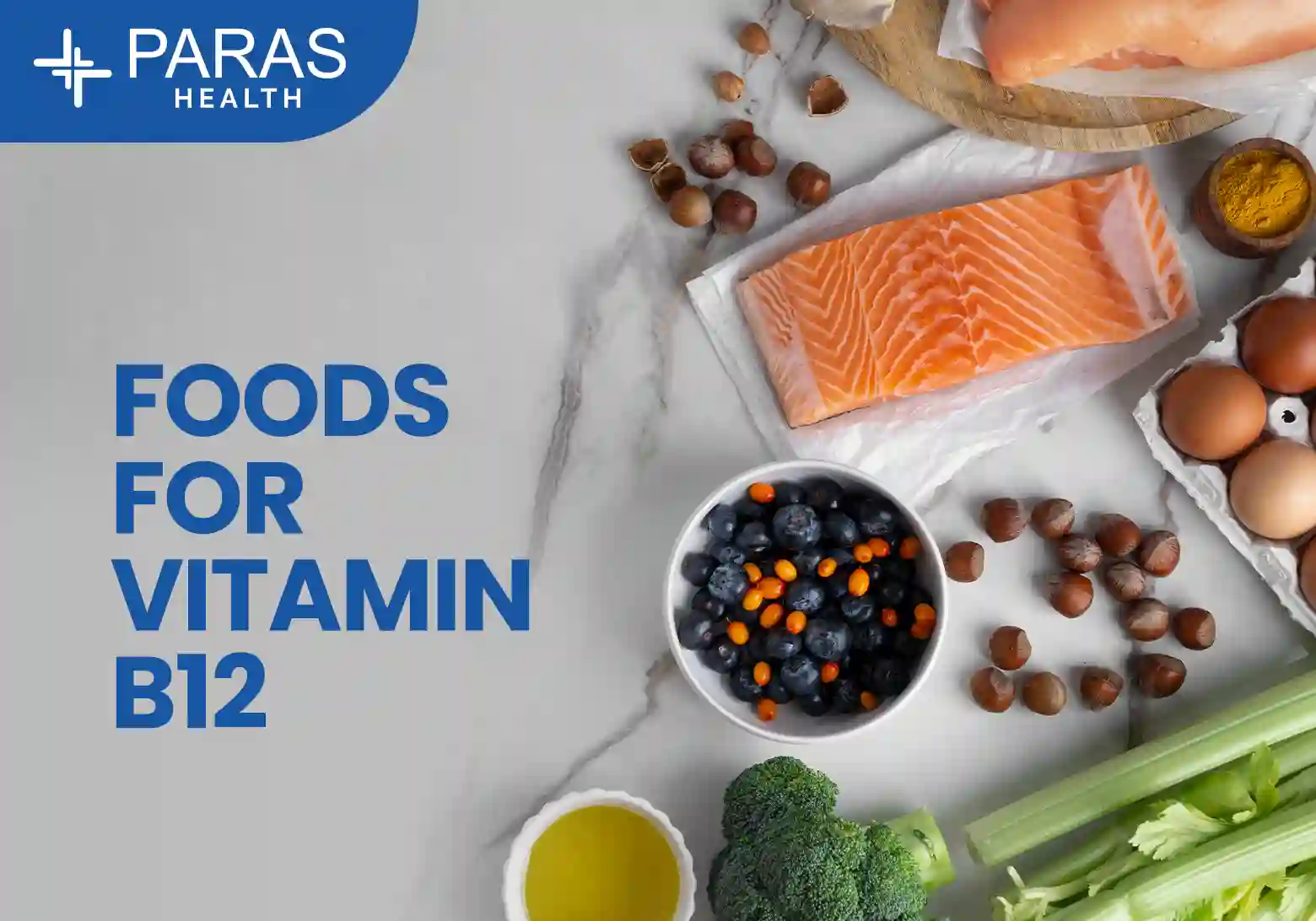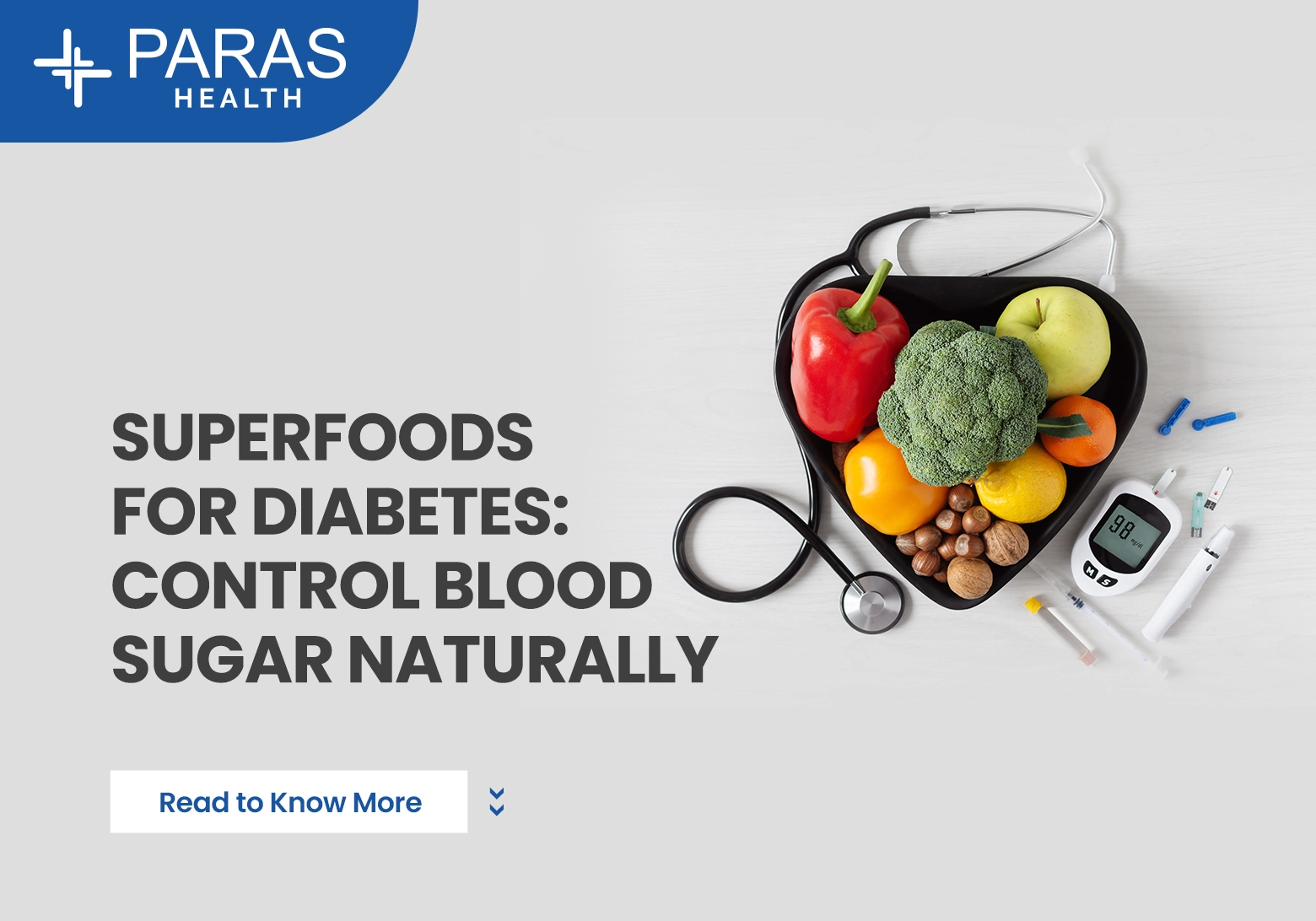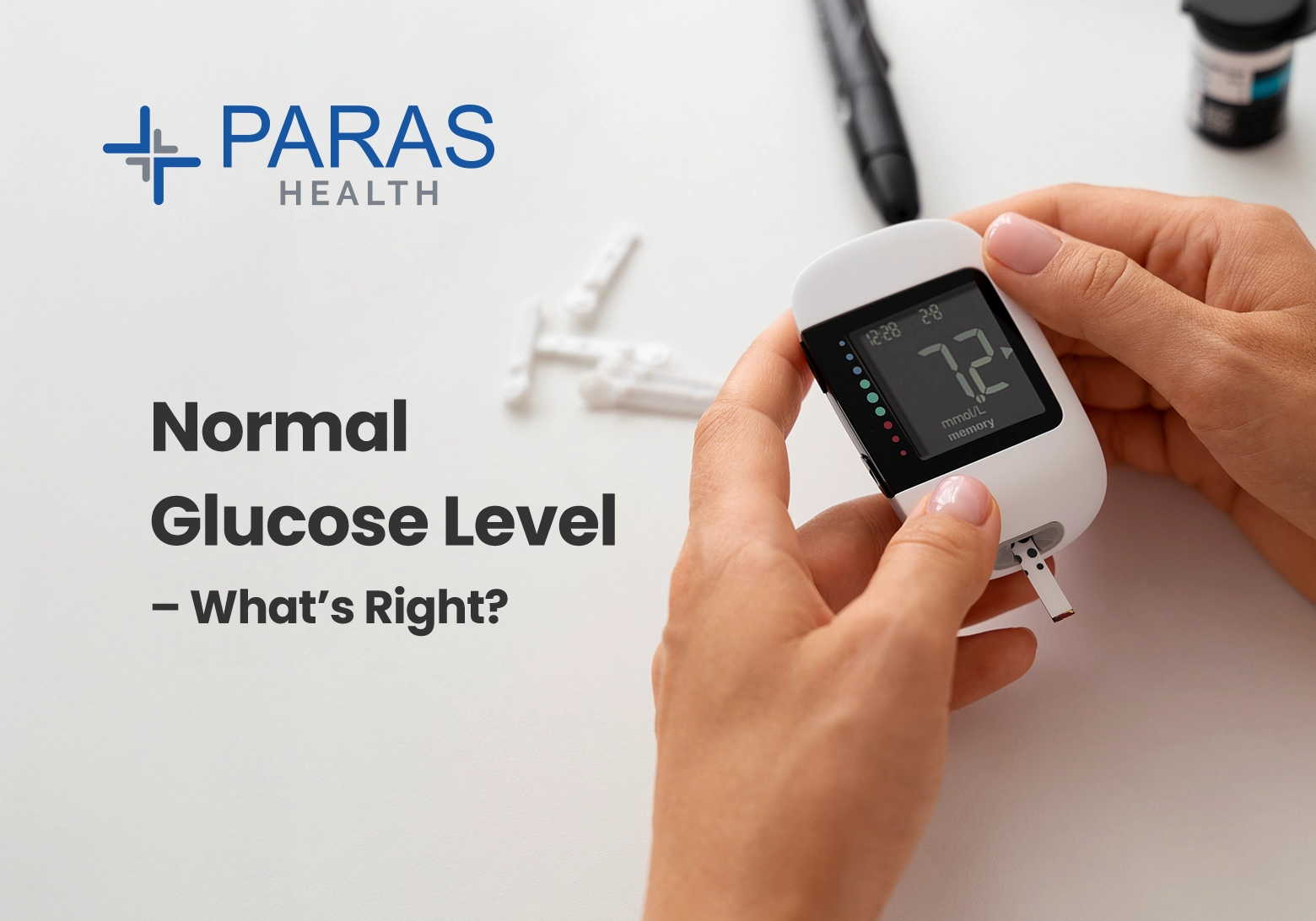Metabolism & Metabolic Rate: A Complete, Easy Guide to Understanding and Boosting Your Body’s Engine
Nov 26, 2025
Have you ever wondered why some people gain weight quickly while others stay the same even after eating more? Or why some people feel tired easily while others stay energetic throughout the day? A big part of the answer lies in a single process—metabolism.
Metabolism is your body’s internal engine. It decides how your body uses food, how much energy you burn, how fast you gain or lose weight, and even how energetic you feel every day. But most people don’t fully understand how metabolism works or how they can improve it.
This guide will help you understand metabolism, metabolic rate, BMR, causes of slow metabolism, ways to boost metabolic rate, and how it affects weight and overall health.
Let’s explore everything in simple language.
What Is Metabolism?
Metabolism is the process that converts the food you eat into energy. Whatever you do—breathing, thinking, walking, digesting food, or even sleeping—your body uses energy. That energy comes from metabolism.
In simple terms:
Metabolism = How your body burns calories to keep you alive.
It includes two processes:
1. Catabolism
Breaking down food into energy.
2. Anabolism
Using that energy to build tissues, muscles, and cells.
So, metabolism is happening 24×7, even when you are not aware of it.
What Is Metabolic Rate?
Your metabolic rate is the speed at which your body burns calories. It tells how much energy your body needs in a day.
There are three main types of metabolic rate:
1. Basal Metabolic Rate (BMR)
BMR is the number of calories your body needs at rest—just to stay alive.
Around 60–70% of the calories you burn every day come from BMR.
2. Resting Metabolic Rate (RMR)
RMR is similar to BMR but includes minimal activity like sitting, light movement, etc.
3. Total Daily Energy Expenditure (TDEE)
TDEE = BMR + physical activity + digestion + movements
This is your total calorie requirement for the whole day.
Your metabolism, BMR, and metabolic rate together define how your body uses food and energy.
Types of Metabolism: Slow vs Fast
People often say “My metabolism is slow” or “I have a fast metabolism.” But what does that mean?
Let’s understand both.
Slow Metabolism
A slow metabolic rate means your body burns calories slowly.
This can lead to weight gain, fatigue, and difficulty losing weight.
Common Symptoms of Slow Metabolism
- Fatigue
- Weight gain
- Dry skin
- Hair fall
- Feeling cold often
- Slow digestion
- Low energy
- Difficulty losing weight
Causes of Slow Metabolism
- Aging
- Thyroid problems (hypothyroidism)
- Hormonal imbalance
- Genetics
- Lack of sleep
- Skipping meals
- Sedentary lifestyle
- High stress
- Low muscle mass
- Metabolic disorders
Fast Metabolism
A fast metabolic rate means your body burns calories quickly.
People with fast metabolism often struggle to gain weight.
Symptoms of Fast Metabolism
- Being underweight
- Always feeling hungry
- High energy levels
- Difficulty gaining muscle
- Frequent bowel movements
Both slow and fast metabolism have their own challenges, but slow metabolism is more common.
How Metabolism Affects Weight Gain and Weight Loss
Most people think weight gain is only about “eating more,” but metabolism plays a huge role.
If you have a slow metabolism:
- You burn fewer calories
- Extra calories get stored as fat
- Even small overeating leads to weight gain
If you have a fast metabolism:
- You burn calories faster
- You may struggle to gain weight
Does metabolism affect fat burning?
Yes. A higher metabolic rate increases fat burning and helps with weight loss.
Misconception:
“Eating very little boosts metabolism.”
WRONG
Eating too little slows metabolism because your body enters "energy-saving mode."
How to Boost Your Metabolism Naturally
The good news is—you can improve your metabolic rate with simple, consistent habits.
Let’s break them down.
Lifestyle Habits to Increase Metabolism
1. Build More Muscle
Muscle burns more calories than fat—even at rest.
Strength training 3–4 times a week can significantly increase your BMR.
2. Stay Physically Active
Walk, run, stretch, take stairs—every movement increases your daily metabolic rate.
3. Sleep Well
Poor sleep slows metabolism and increases hunger hormones.
Aim for 7–8 hours of good sleep.
4. Reduce Stress
Stress increases cortisol, which slows down metabolism and leads to fat gain.
5. Eat Protein-Rich Meals
Protein increases the “Thermic Effect of Food” (TEF), meaning your body burns more calories to digest it.
Good protein sources:
Eggs, dals, paneer, curd, chicken, legumes, tofu, nuts.
6. Drink Enough Water
Hydration improves digestion and boosts metabolic efficiency.
7. Don’t Skip Breakfast
Long gaps slow metabolic rate. Eating balanced meals helps maintain metabolic health.
Foods and Drinks That Boost Metabolism
- Green tea
- Black coffee
- Chilli peppers
- High-protein foods
- Whole grains
- Ginger
- Garlic
- Curd
- Fruits rich in fiber
These support fat burning and improve metabolic function.
Metabolic Disorders You Should Know About
Sometimes metabolism slows due to underlying health problems.
Common metabolic disorders:
- Hypothyroidism
- Hyperthyroidism
- Diabetes
- Insulin resistance
- Metabolic syndrome
- PCOS (affects hormones and metabolism)
- Obesity-related metabolic issues
If symptoms persist, consult a doctor for proper evaluation.
Factors That Affect Metabolic Rate
Your metabolic rate depends on many things:
- Age
- Gender
- Hormones
- Genetics
- Body size
- Muscle mass
- Physical activity
- Sleep quality
- Stress
- Eating patterns
Improving these can automatically improve your metabolism.
How to Calculate Your Metabolic Rate
BMR Formula (Mifflin-St Jeor Equation):
For men:
BMR = 10 × weight (kg) + 6.25 × height (cm) − 5 × age + 5
For women:
BMR = 10 × weight (kg) + 6.25 × height (cm) − 5 × age − 161
Online BMR and TDEE calculators make this easier.
Myths and Facts About Metabolism
Myth: Green tea melts fat automatically.
Fact: It only helps slightly; weight loss needs diet + exercise.
Myth: Skinny people have high metabolism.
Fact: Many thin people have normal or even low BMR.
Myth: Eating less boosts metabolism.
Fact: Eating too little slows it drastically.
Myth: Age kills your metabolism.
Fact: It declines slightly but can stay strong with exercise.
Summary: Your Daily Checklist for a Healthy Metabolism
- Eat enough protein
- Move every hour
- Strength train 3–4 times weekly
- Sleep 7–8 hours
- Stay hydrated
- Manage stress
- Avoid skipping meals
- Include metabolism boosting foods
A healthy metabolism keeps your weight stable, your energy high, and your body functioning at its best.
FAQs
What is metabolism in simple words?
Metabolism is the process that turns your food into energy. It helps your body breathe, digest, move, and stay alive. It’s your body's natural engine.
What is metabolic rate and why does it matter?
Metabolic rate is the speed at which your body burns calories. A higher metabolic rate helps in fat burning, weight loss, and better energy levels.
How do I know if my metabolism is slow?
Common signs are fatigue, weight gain, dry skin, hair fall, and feeling cold often. Slow digestion and low energy are also strong indicators.
What causes slow metabolism?
Aging, hormonal issues, thyroid problems, lack of sleep, stress, and genetics are major reasons. Low muscle mass and poor diet also slow it down.
How can I naturally increase my metabolism?
Eat protein-rich foods, exercise regularly, build muscle, stay hydrated, sleep well, and reduce stress. Small lifestyle changes work best.
What foods boost metabolism?
Protein-rich foods, green tea, chillies, ginger, garlic, coffee, and whole grains help increase calorie burning and support metabolic health.
Does metabolism affect weight loss?
Yes. A faster metabolism burns more calories, making weight loss easier. A slow metabolism leads to fat storage and difficulty losing weight.
Why does metabolism slow down with age?
Muscle mass decreases, hormones change, and physical activity reduces with age. But exercise and diet can prevent major slowdown.
Can drinking water boost metabolism?
Yes. Drinking enough water helps digestion and increases calorie burning slightly. Staying hydrated supports metabolic efficiency.
How does sleep affect metabolism?
Poor sleep slows metabolism and increases hunger hormones. Good sleep helps maintain a healthy metabolic rate and better weight control.



